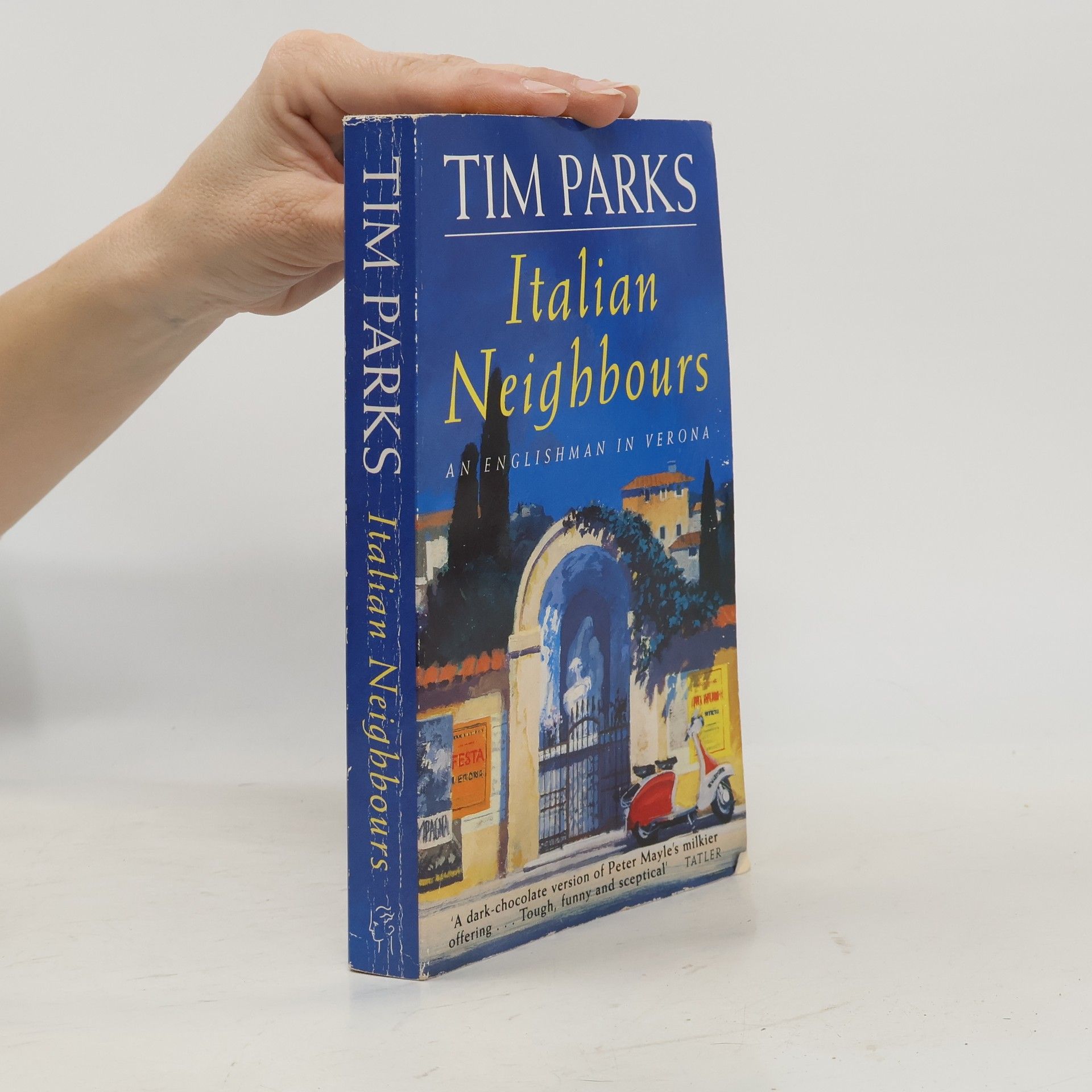Italian Neighbours
- 336 pages
- 12 hours of reading
Tim Parks celebrates ten years of living in Italy with this account of the delights and foibles of Italian life. With an Italian wife and family, he is able to introduce the reader to a gallery of characters. Tim Parks won the Somerset Maugham Award and the Betty Trask Award for Tongues of Flame and the John Llewellyn Rhys Prize for Loving Roger.

